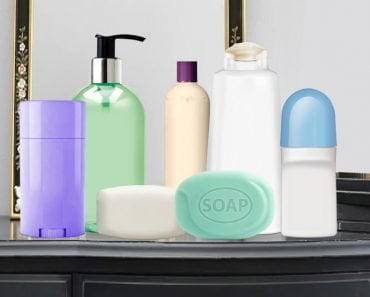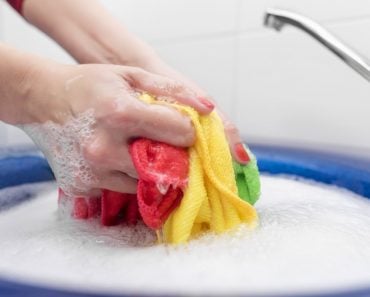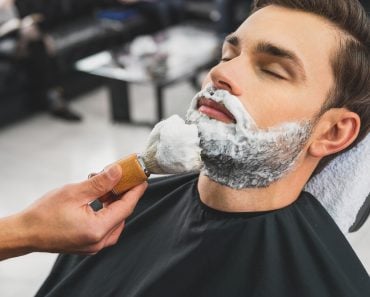Table of Contents (click to expand)
How often you “should” shower depends on your skin and physiology, but on average, people who shower twice daily may experience dry and flaky skin. Regular water and soap exposure can mess up the skin’s natural pH balance of 5.4 to 5.9.
After a long day at work, there’s nothing better than a nice hot shower with some relaxing music. The hot water feels refreshing as it lands on your tired and drained body. That fresh and clean feeling, along with the aromatic soap smell will send you right to bed for a good night’s sleep.
Do you love showers or baths like this? Many of us probably wish we could just sit under the shower for hours, but unfortunately, showering too much isn’t a good thing, no matter how good it sounds.
Recommended Video for you:
What Happens If You Shower Too Much?
In the olden days, people didn’t take showers to clean themselves, but instead just wiped themselves down with dry cloths and changed their clothes. It was actually thought that water was dangerous to the body at the time. Occasionally, people would wash their faces or wipe their bodies with wet cloths, but getting soaked was almost always avoided.
Then, in the mid 19th century, people realized that water was helpful in cleaning, which led to the rise of the bathing industry. The magical bathtub that piped in hot water (and soap!) is what revolutionized bathing.
However, that’s also where it becomes harmful if done excessively. It’s the soap and hot water that make for a potentially bad combination.
People who shower twice daily may experience dry and flaky skin, as regular water and soap exposure mess up the skin’s natural pH balance. Normal skin pH is between 5.4 and 5.9. Alkaline soaps increase the skin’s pH, depending on how harsh they are.
The slightly moist and oily skin feeling is also gone after one takes a shower. That’s because sebum, the skin’s natural oil produced by the body, is washed away. Using shampoo too frequently can also cause dandruff!
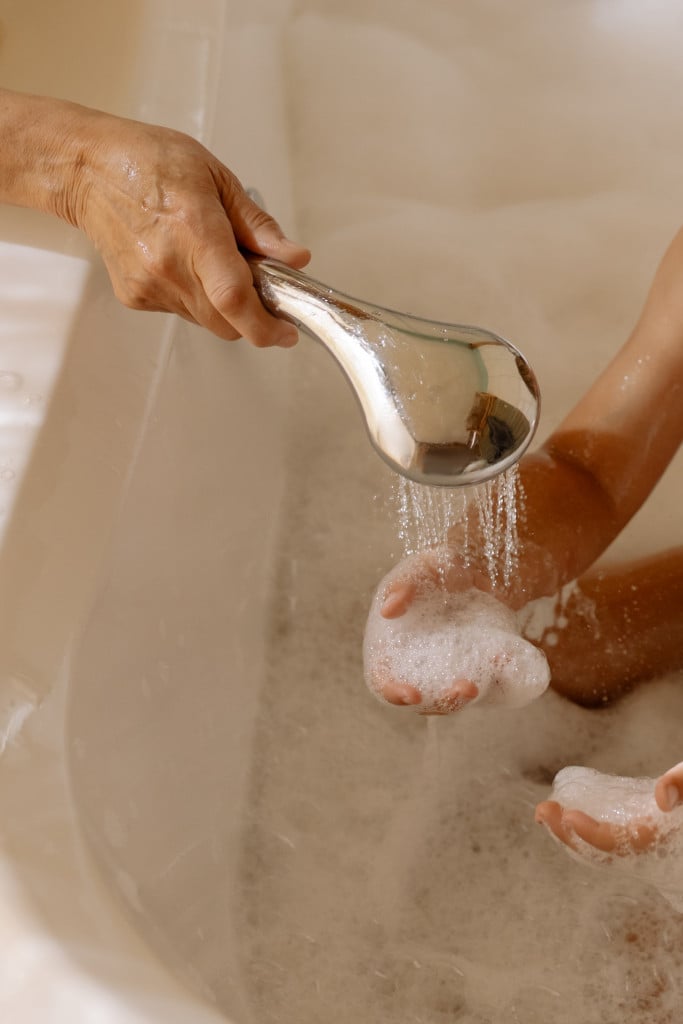
This can even lead to itchy skin rashes, and for people suffering from skin conditions like eczema, it can make things even worse!
People who have no choice but to regularly bathe or repeatedly wash their hands with soap and water will most likely suffer from dry skin. These can include athletes who sweat intensely every day, people working in factories with dangerous chemicals, or healthcare workers who stand on the frontline fighting pesky pathogens and need to keep their hands scrubbed.
While soap is excellent for killing the germs on our bodies, it isn’t selective. Even the good skin bacteria we have, like Staphylococcus aureus, are also killed when we wash our bodies. Our normal skin bacteria act like a physical barrier that stops bad disease-causing bacteria from penetrating our skin, so we make it easier for nasty germs to penetrate our skin by washing that good skin bacteria away.
Showering too much may not be the best move, but that also doesn’t mean we should avoid showers entirely!
What Happens If We Don’t Shower Enough?
This answer is a little more obvious. Apart from the risk of having friends and family who don’t want to hang out with us because of horrible body odor, it will also be worse for our health.
Showering is necessary because it washes away germs, allergens, dirt and the toxins our body releases when we sweat. Not showering enough makes every teenager’s most dreaded nightmare worse – acne! All the dirt particles, dead skin cells and sebum will clog skin pores and hair follicles, causing those pesky and angry red pimples to form.
If you don’t shower enough, dead skin cells, dirt, germs and sebum build up on the surface of your skin. Coupled with wearing clothes we sweat in throughout the day, this puts the skin at risk of catching fungal or bacterial skin infections.
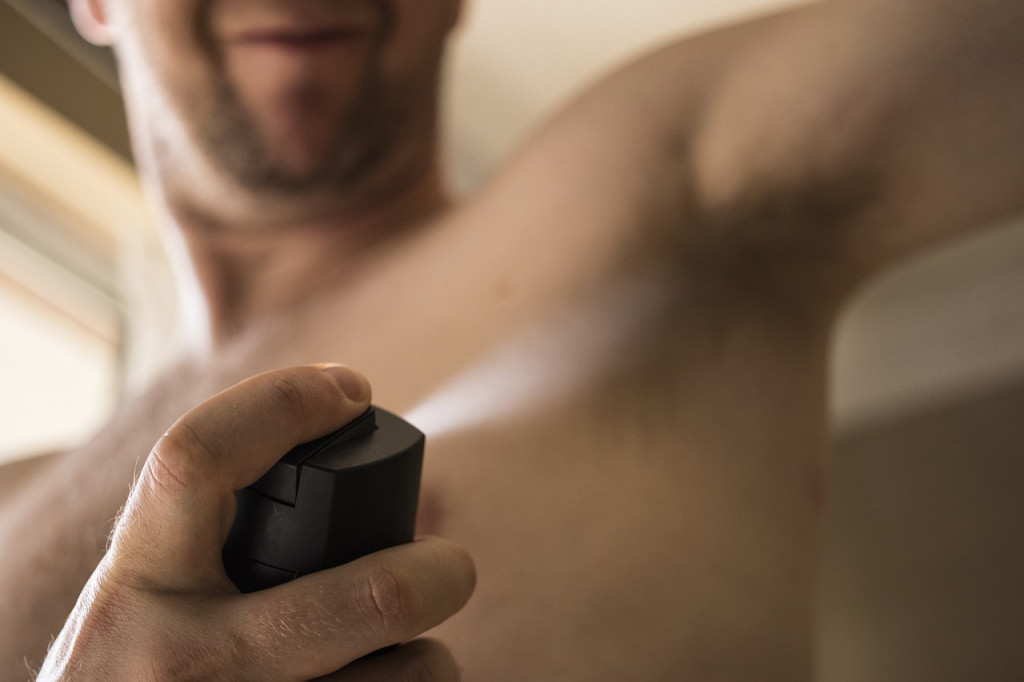
Writing out all these risks makes me want to hop in the shower right now!
How Often Should We Shower?
There is a right answer, but the tricky part is that it keeps changing. The “right amount” varies, depending on your location’s weather, your lifestyle, occupation and personal hygiene levels. Bathing requirements can also change throughout the year.
Staying in places where it can get scalding hot, like middle eastern cities (e.g., Dubai), showering every day is a must. The heat can get terrible, so a nice cleanse is needed to wash the sweat away. The added risk of sandstorms doesn’t help the skin either.
In cold climates, where people are usually layered up and don’t sweat much, showering every other day works just fine.
However, if you work in places where you’re exposed to germs, chemicals, paints, dirt and other construction materials, it’s probably better if you don’t skip out on the showers.
Conclusion
If you’re showering more than you need to, but you don’t have much of a choice, here are a few helpful tips. You can use warm water instead of hot, which will be less likely to wash off the sebum. You can also switch to milder soaps, or ones that have moisturizers, like Dove.

You can also avoid using soap on the entire body. Just focus on the classic smelly spots, like your armpits and feet. If you’re using a loofah, don’t scrub too hard; they are great for exfoliation, but too much friction is harsh on the skin. Another great tip is to moisturize your body after a shower. This really helps, as does adding a little baby oil to the cream.
I’m no expert on skin health, so if you have any more doubts about what’s the best choice for your skin, it’s wise to contact your dermatologist.
References (click to expand)
- Stone, N. (2009, May). Non-atopic dermatitis. Medicine. Elsevier BV.
- Frederick Gardiner, (1912) Soaps and Their Effects on the Skin: An Analytical Research Edinburgh Medical Journal - PubMed Central (PMC) - National Center for Biotechnology Information
- Tarun, J., Susan, V., Susan, J., Suria, J., & Criton, S. (2014). Evaluation of pH of bathing soaps and shampoos for skin and hair care. Indian Journal of Dermatology. Medknow.
- Twigg, J. (1997, March). Bathing and the Politics of Care. Social Policy & Administration. Wiley.



